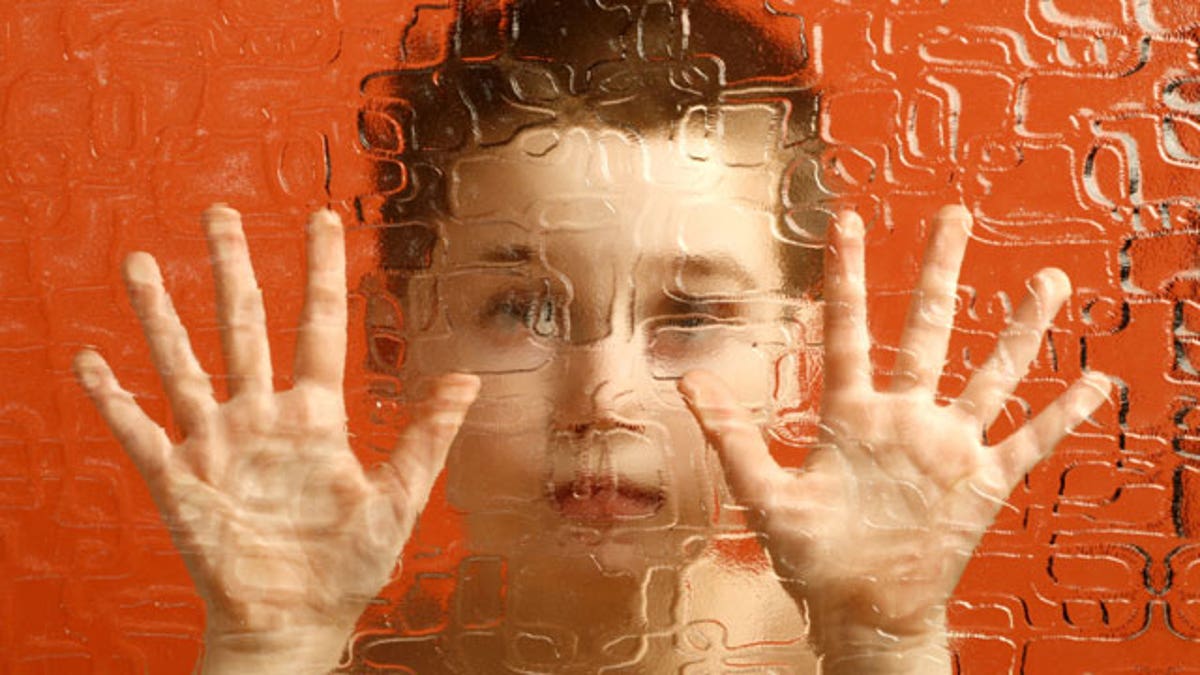
April is National Autism Awareness Month, a time when families, friends and advocates highlight the challenges of autism, a complex disorder of brain development characterized by difficulties in social interaction, verbal and nonverbal communication, and repetitive behaviors.
According to the latest numbers from the U.S. Centers for Disease Control and Prevention (CDC), a whopping one in 88 children are on the autism spectrum – and it’s not just those afflicted who are affected.
Countless lives are impacted by the disorder, from parents and siblings to teachers and therapists. Nobody who loves somebody with autism is immune to the very real way it affects—and changes—their lives forever.
Back in January, an expert panel appointed by the American Psychiatric Association proposed changing the definition of autism by narrowing the criteria for diagnosis. The panel’s findings are preliminary, and a broader analysis will be released later this year, as the group works to complete the fifth edition of its Diagnostic and Statistical Manual of Mental Disorders.
But that hasn’t stemmed outcry from the autism community, millions of whom rely on the social services and other health resources afforded those classified as being on the spectrum. Should the definition of autism change, so too would the right for innumerable families to receive the help they so desperately need, whether in the classroom, at the doctor’s office, or in the home.
Regardless of what has caused more than one million people in this country to be diagnosed with autism spectrum disorder, Asperger syndrome, or P.D.D.-N.O.S. (pervasive development disorder, not otherwise specified), the glaring truth is that more adults and children than at any other time in history are experiencing mental, emotional, and behavioral disabilities.
Whether somebody meets all the criteria for classification or just one or two, those one or two traits may be causing tremendous stress on an entire family—stress that could be relieved by providing a child on the spectrum with the therapies, interventions, and medical attention they need and deserve.
If a child’s diagnosis changes, so too might their school, their teacher, and their classmates. Change is unsettling for anyone, but is practically catastrophic for many children on the autism spectrum. Years of progress could be counteracted by the simplest change to their routine.
There is so much about autism that cannot be controlled, from how a child will react in certain settings to what they’ll be willing to eat for dinner each night. One of the few things parents can control is who they let into their lives, and where they go for relief, help, and to be understood. The proposed changes to the definition of autism have cast a long shadow over the autism community, but there have been some positive developments lately, particularly in the way families of people on the autism spectrum are finding—and in some cases, saving—one another, through a website called MyAutism Team.
The site launched in December of 2011 and already boasts 21,000 members, most of whom face similar challenges relating to the care and support of loved ones with autism.
Despite the staggering new numbers indicating the prevalence of autism in this country, many parents still struggle to find support and services for their child within their local communities, which is exactly where MyAutism Team picks up the slack. From giving each other tips on finding the best local autism-friendly doctors, service providers, and businesses to learning what other parents do to help their children thrive with autism spectrum disorders, the site is a priceless resource for anybody in this close-knit community.
Just because criteria changes does not mean passion has to. I encourage the caretakers of children on the autism spectrum to continue communicating with one another, advocating for what’s right, and staying vigilant in the face of potentially life-altering changes to the definition of the disorder. It is through their strong, tireless work that so much attention has already been given to this unbelievably pressing issue, and it is by those same means that real, tangible progress will eventually be made against the ravages of autism.
Deirdre Imus, Founder of the site devoted to environmental health, dienviro.org, is President and Founder of The Deirdre Imus Environmental Health Center™ at Hackensack University Medical Center and Co-Founder/Director of the Imus Cattle Ranch for Kids with Cancer. She is a New York Times best-selling author and a frequent contributor to FoxNewsHealth.com, Fox Business Channel and Fox News Channel. Check out her website at dienviro.org. 'Like' her Face book page here.







































